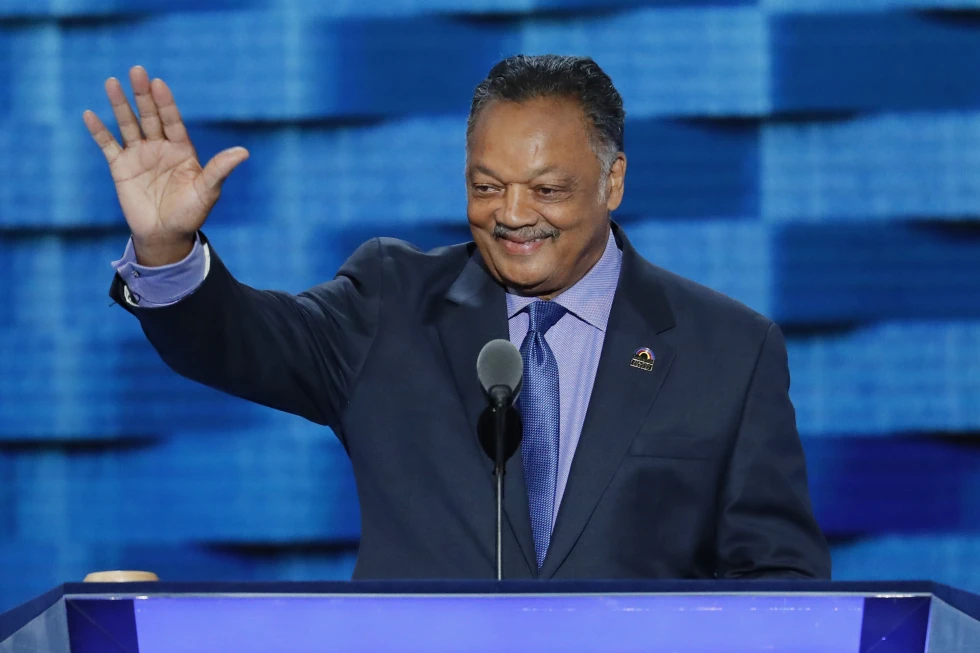Unlikely Brotherhood
- ads3921
- Feb 20, 2019
- 2 min read
Retired cop addresses racial divide in new book

Retired Portland police officer Larry Anderson (right) addresses the racial divide in ‘Unlikely Brotherhood” a story about two men who collided in bigotry and hatred. But years later, an improbable friendship binds them together.
A retired black cop and a white criminal defense attorney, both from Portland, recount how their combustible relationship was transformed into a lasting friendship in ‘Unlikely Brotherhood,’ a new book that addresses the cultural divide between white and black America.
The book is the story of Larry Anderson, a former police officer for the Portland Police Bureau and Wendell Birkland, a Portland lawyer and former Multnomah County prosecutor, and is written with Ken Koopman of Portland, his third book.
Coming from extreme opposite backgrounds, defined by their skin color and economic upbringings, the story tells how two men collided in bigotry and hatred in their first encounter.
But years later, an improbable friendship binds them together. Hearts are changed as the men of faith declare their intent to love one another as brothers, and move past deadly and racially-charged incidents that impacted their lives on the streets of Portland.
Anderson told the Portland Observer the book resonates with today’s issues of race and the growing social divisions that define America. He hopes the book inspires others on how to build authentic and loving relationships no matter the color of their skin.
The differences are stark. In “Unlikely Brotherhood” Anderson’s recounts the first time he heard the n-word. He was a young child visiting the home a white neighbor friend and the boy’s white grandfather yelled out wanting to know who brought the n----- to the house.
From a completely opposite upbringing, Birkland writes how he never met a black person growing up and had a carefree childhood of delights, like riding ponies on his grandfather’s farm, Alpenrose Dairy.
The book shows how these two men from different worlds came to a deep friendship over a 25 year history of being involved in the so-called racial reconciliation movement in Portland, forming regular weekly meet-ups with others to forge friendships across chasms that divide people by race.
Drawing on his religious beliefs, Anderson points a way forward. He says he doesn’t look for reconciliation between races when there has never been conciliation. He said because there’s only one human race and God doesn’t identify man as black or white, there can only be reconciliation to God.
“As long as I see myself as a black man and you see yourself as a white man, by the very nature of our definition we’re meant to oppose each other,” he writes. “We’ve got to get men of God talking about first needing to reconcile to our Creator; then you go about figuring out how to love your neighbor.”
Anderson said the key to forging brotherhood between the races is getting to know each other with authentic relationships.
Unlikely Brotherhood is now available in paperback, hardback and eBook from the most popular online book retailers, including Amazon and Barnes & Noble.




